One of my favorite pieces of internet history is the ongoing Instagram correspondence between Young Thug and his 8 year-old daughter, Mari Meg. Screenshots from over the years see her logging off of a live video after Thug commented “that’s enough get off live baby,” her impulsively posting “I HATE MY DAD” to her story and, finally, adding him to an exclusive block list simply captioned “EVERYBODY WEIRD.” It’s crazy though, because if I were Young Thug’s daughter, I would have blocked him on Instagram too.
Don’t get me wrong—Young Thug is one of the most wholesome, humanitarian figures in modern-day hip-hop, someone whose everyday business concerns purchasing sports cars and luxury properties for those part of his ever-expanding circle. Literally: when a Rolling Stone journalist interviewed him over several days this past summer, most of Thug’s time was spent with real estate agents helping him clear a[nother] mansion for his mother, and a separate plot of land for the benefit of his Atlanta hometown.
The memes don’t lie either. In many ways—more than just amusingly helping Lil Durk work something out on a studio laptop, or ushering numerous admirers into the spotlight until they take over—Thug has established himself as a father to hip-hop’s burgeoning next chapter. He’s broken industry standards. He redefined a city long run by the likes of OutKast and Gucci Mane. And with “Punk,” he can tack another feat onto the list of accomplishments: he’s failed to deliver on an album that was supposed to be revolutionary.
When I hear the term “punk,” I immediately think of and expect innovation. In many ways, contemporary hip-hop has taken over spaces once exclusive to last century’s rock and roll movement—the mosh pit isn’t at a Ramones show, it’s at a Playboi Carti concert; society isn’t terrified of Mick Jagger, it’s terrified of Lil Nas X; the mystically controversial genius isn’t Lou Reed, it’s Kanye West. “Punk” conventionally denotes the storm by force of bluesy ballads and kumbaya guitar-school riffs by disillusioned youths, militant in their collective appetite for revolution.
What saddens me after hearing Young Thug’s “Punk” is that the term still conjures the same exact picture in my head as it did before: someone’s sweaty, shaggy-haired dad toting a red solo cup at a Germs concert in a Polaroid dated 1978. The difference between us and this made-up father is that, unlike us, he has a definitive “back-in-my-day” upon which to base any argument against this “new bullshit on the radio.” Titled as it was, and authored by someone as revolutionary as he is, Young Thug’s latest LP was ostensibly slated to play that role for our generation. It purported itself to be evidence of a novel rap movement breaking away from the norms of old, a jagged red marker splotch on the timeline of hip-hop to which we could point and say, grinning, “this is where everything changed.” Instead, it was a bleak reminder that not only are things staying the same—they likely will be doing so for a long time.
The crux of my issue with “Punk” is its abundance of empty promises, unfinished statements and untapped potential included. Album opener “Die Slow,” sets the stage for some sort of incredible redemption arc. Every time I listen to a highly-anticipated album on Spotify, at least one song gets a “pity like,” so I have something to show for the hour I later may realize I am actively wasting. This song was my pity like, both on this premise and the premise of emotional value. Backed by somber acoustic guitar strums and hauntingly gloomy keys, Thug recites the story of his harsh upbringing in a fast-talking, weirdly casual intonation. The stream of consciousness goes from violent family histories (“Came out the struggle, I really had lost a brother / Got to fightin’ with the deputy sheriff, I almost lost my mother”), to present-day glory (“I’m high enough to be on the Milky Way ’til morning / If you want it, you gon’ get up earlier than any morning”).
It’s a story ripe with pathos: rags-to-riches monologues, emergence from dangerous streets, hustle-equals-success takeaways. But it’s also a story I’ve been hearing since I first played Nas’ “Illmatic” on my grainy, dollar-store earbuds as an awestruck sixth-grader. Rap culture has long endeared itself with tales like this, where emphasis is placed on the oh-so-mystical grind to the top of the mountain. This rings hollow, though, when (1) hip-hop at-large has been at the top of the mountain for several years, and (2) you’re supposedly the one carrying the torch. I don’t want to know how you got there anymore. I want to know where you’re going.
“Livin it Up”: yet another overtly somber track featuring Post Malone and A$AP Rocky, is one more painful extension of this failed futurism. Music critics aren’t typically supposed to just drop their favorite artists in reviews, but since Young Thug couldn’t manage to break any norms, I’m afraid I’m going to have to break some for him: A$AP Rocky is my favorite rapper. My expectations were high for this track specifically, because Young Thug has long been a masterful curator of eclectic posse cuts—“I’m Scared,” a hostile warble featuring 21 Savage and Doe Boy, is still in my rotation two years later—and to hear him facilitate conversation between a favorite rapper of mine and a complete opposite of his was a spectacle that I would have paid good money for if streaming didn’t exist.
Instead, the track sounded rushed, unfinished, and hastily pasted together. What’s crazy to me is that instead of going a step forward in music history, Thug took two steps back. Remember the kumbaya guitar-school riffs we talked about earlier? Well, here they are—except A$AP Rocky seems to think they’re part of a trap-infused Clams Casino beat from his long-gone prime, Post Malone is digging the Beach Boys cosplay a little too much, and Young Thug is the same Young Thug he was five years ago, when his music was actually changing the game…only it’s old news at this point. Where are the Ramones when you need them?
One of few moments where “Punk” lives up to its title is “Stressed,” the highly-charged second track in which Thug trades angry bars with J. Cole. Where most of the record is cripplingly bound to the past struggles, this instance sees equally hungry-sounding MCs dig into the problems of the future. Young Thug sounds angry for once, spitting aggressive rhymes over a transcendent, 808-heavy backing track that wraps his fury in a thick coat of sonic slime. “I don’t wanna stress, But I can’t help it thinkin’ if I lose the rest,” he says, the “rest” being left calculatedly ambiguous. Is he talking about money? Properties? Lavish sports cars? No matter how disappointing his album, he could be talking about all three and then some. With the addition of an invigorated J. Cole warning us, through shouts, not to mess with him because he has a “baby to feed,” this sounds a lot more like a movement towards the next frontier, rather than a pondering of the past.
Sadly, the high points like these are too few and far between for “Punk” to be considered the revolutionary record it purported itself to be. Young Thug doesn’t have to worry about us. He has enough money to purchase a mansion for his mother, and a plot of land for his community while we’re stuck losing arguments with our retrospectively-minded parents about whose generation was most creative. Don’t show this album to your old folks at home, because you just might be stuck listening to both this and forty hours of Led Zeppelin.
It’s not like we don’t know what we’re up against. One time in my junior year of high school, I was walking to class in a “Wish You Were Here” long-sleeve when my ninth grade art teacher quizzically asked me if I “really knew” the band plastered across my chest. I remember wanting, in that moment, something that I could check him on, a basis upon which I could prove that he was the outsider to the ever-changing musical climate. “Punk” is one more reminder that my ninth grade art teacher—along with many of our old-head friends and parents—is probably still out there, enjoying the last laugh while Young Thug counts his money.


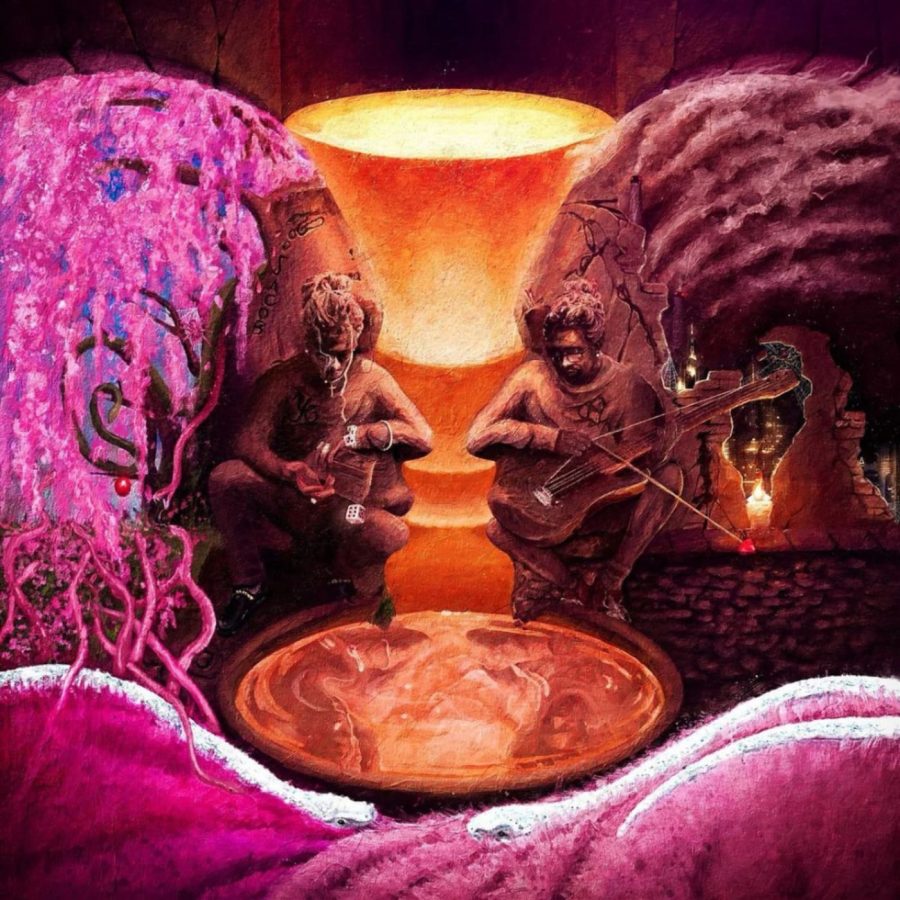
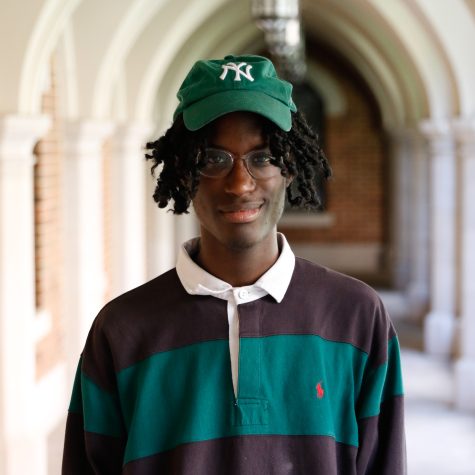
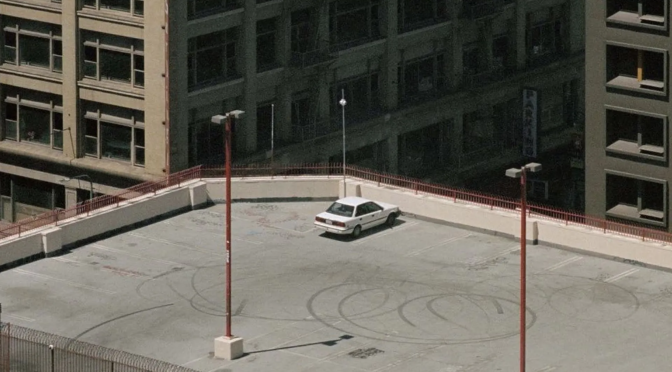
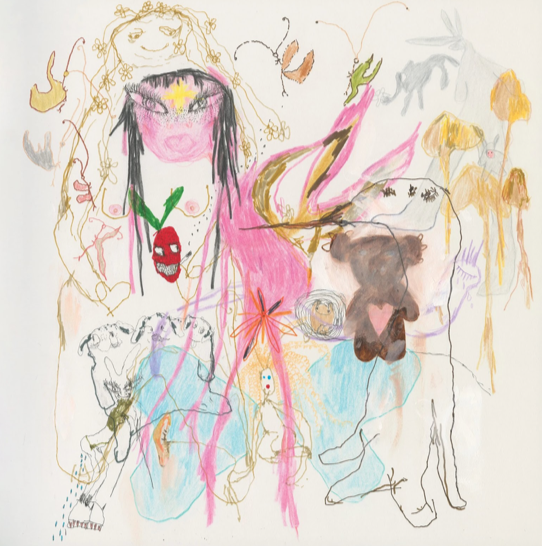
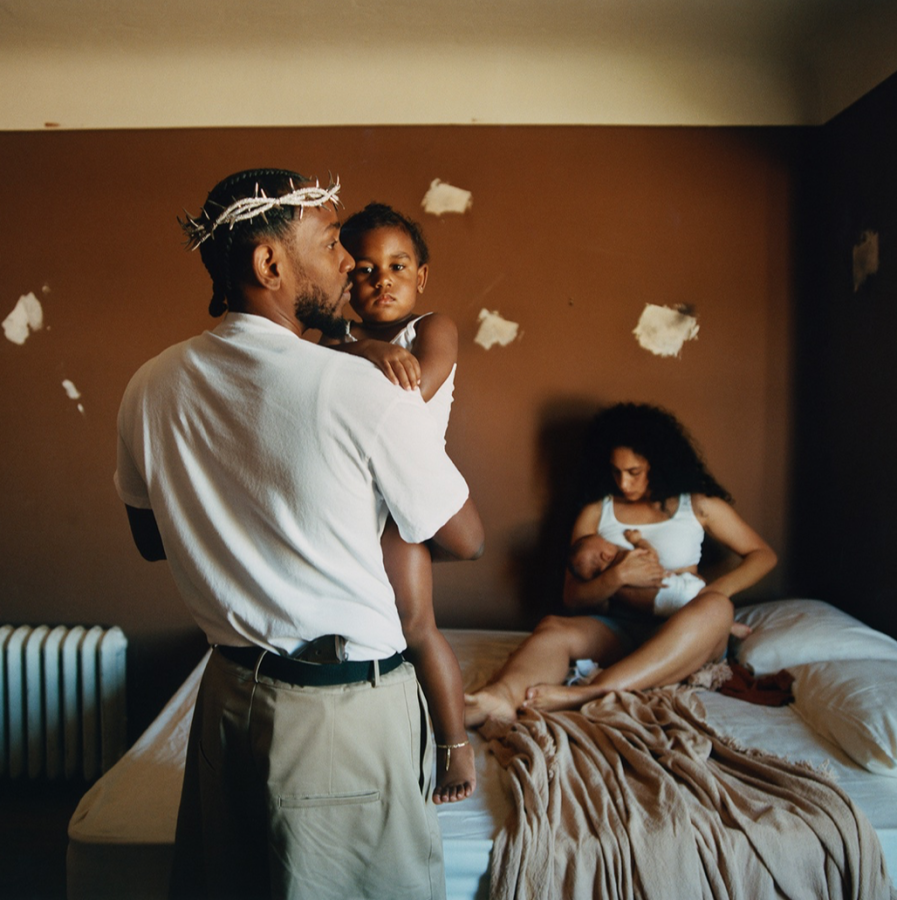
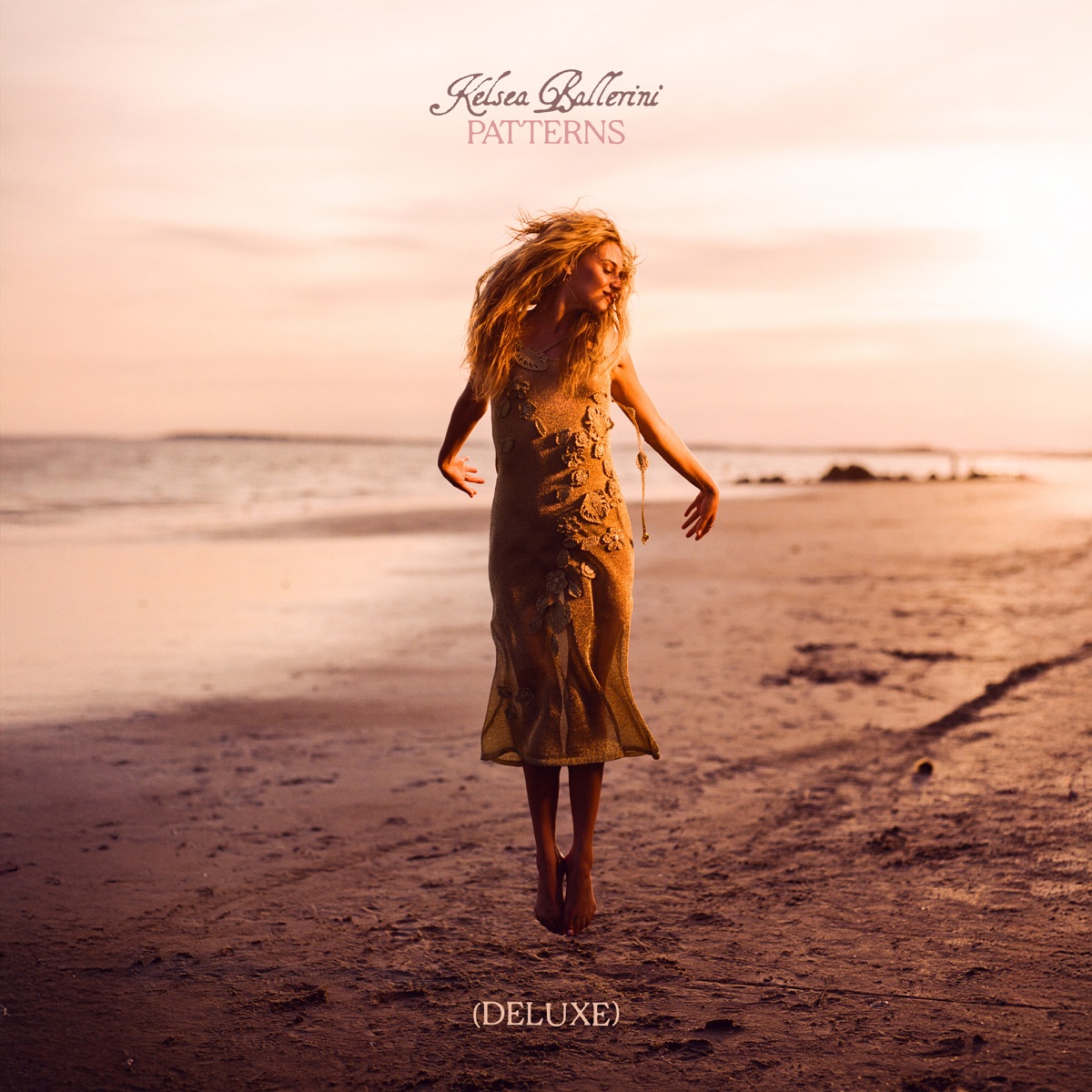
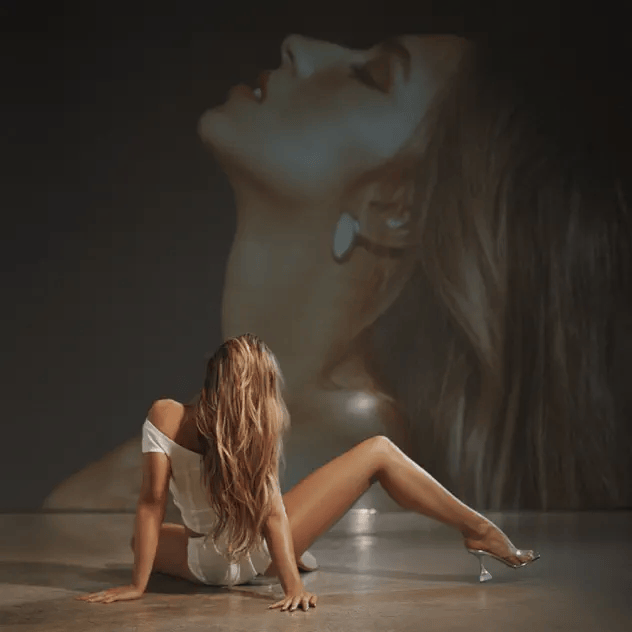

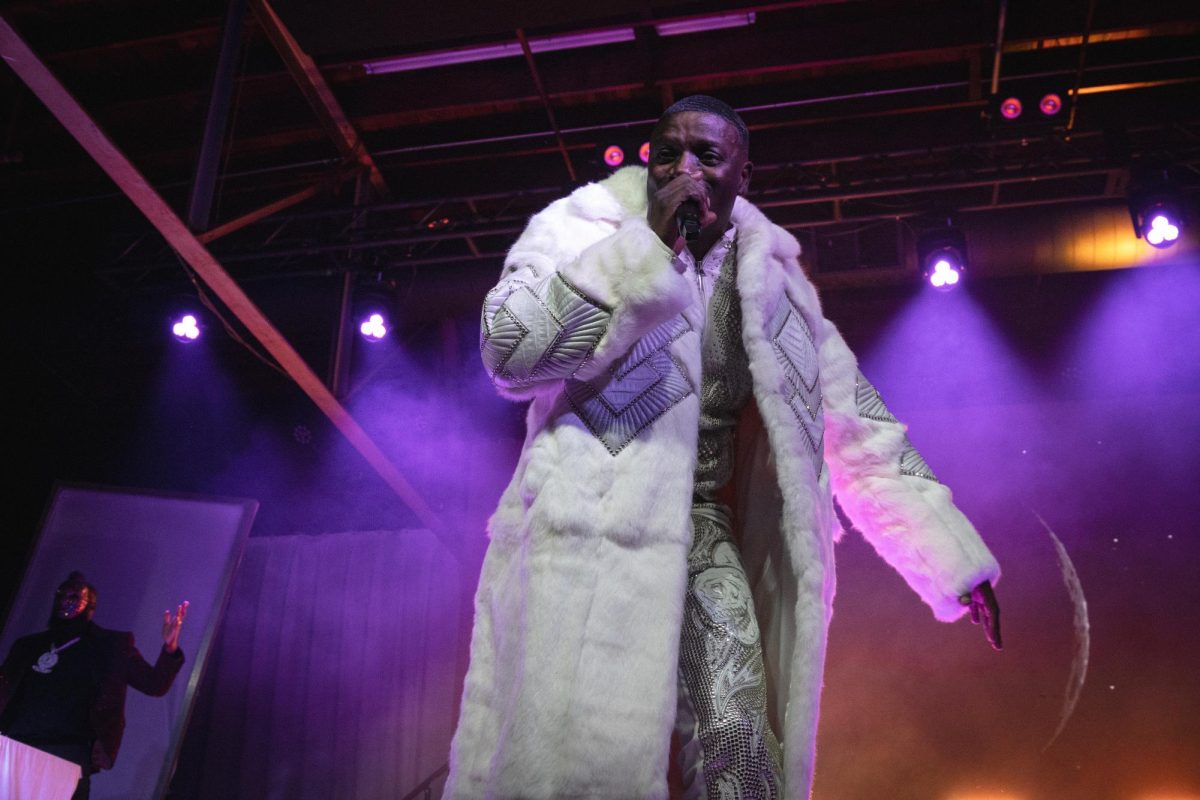
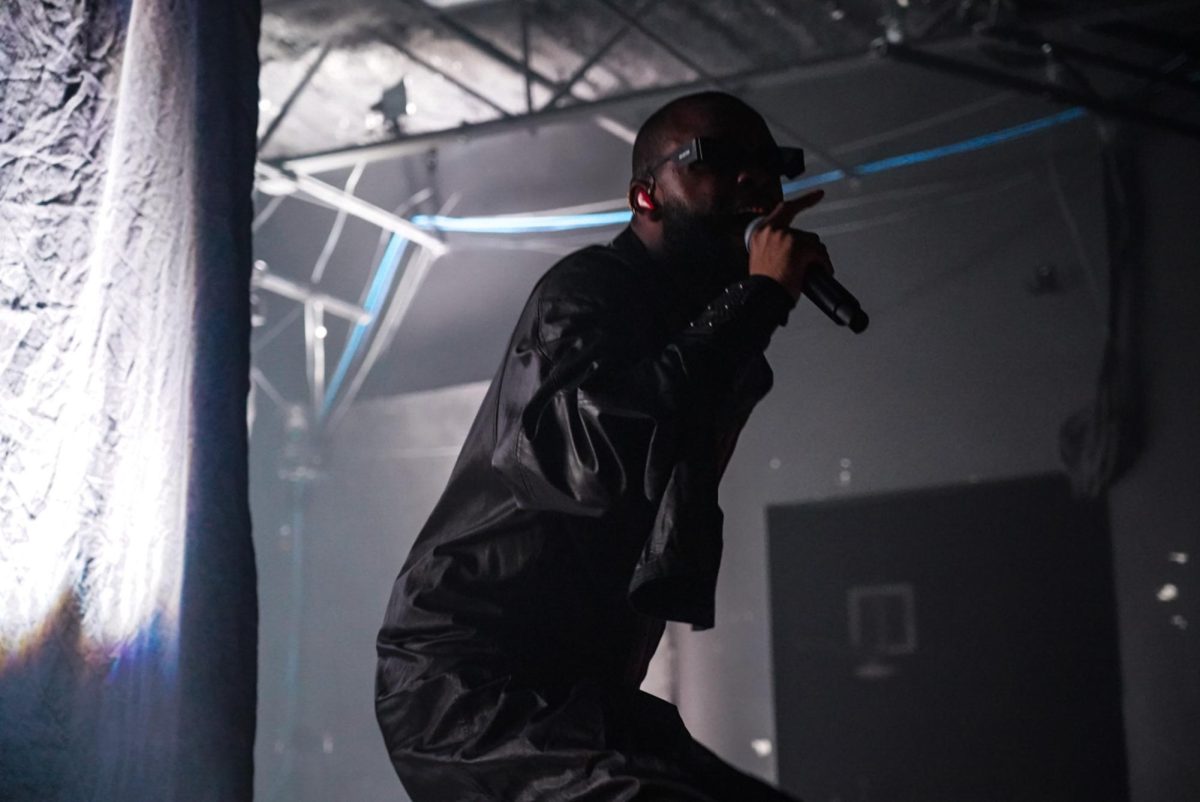
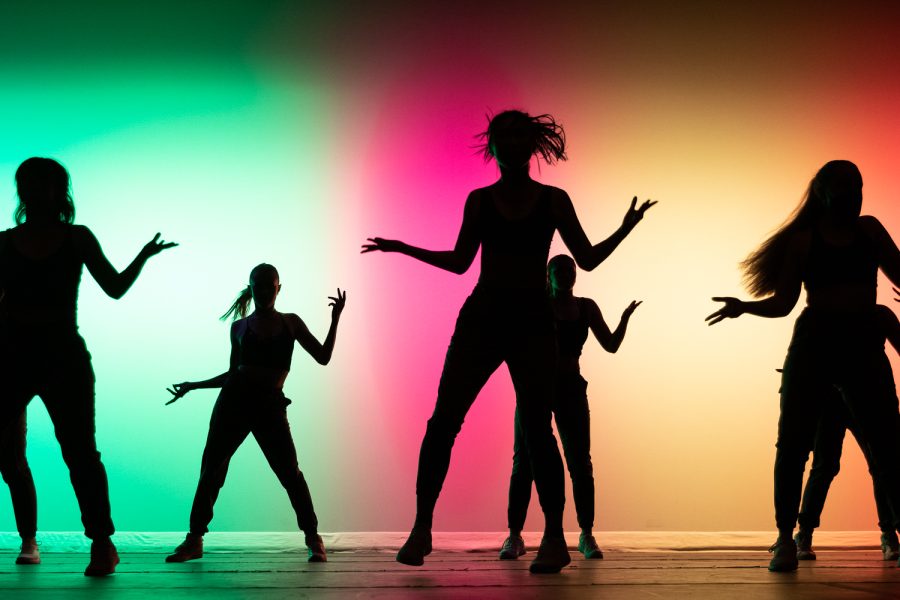
Brooklyn • Jun 25, 2022 at 5:15 am CDT
Great